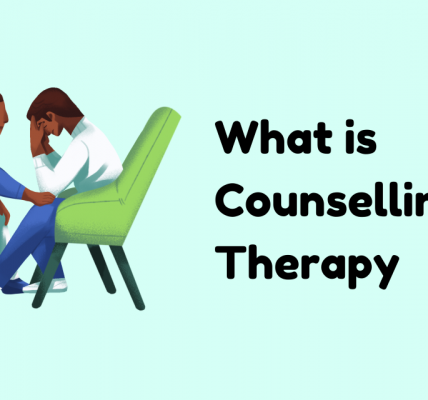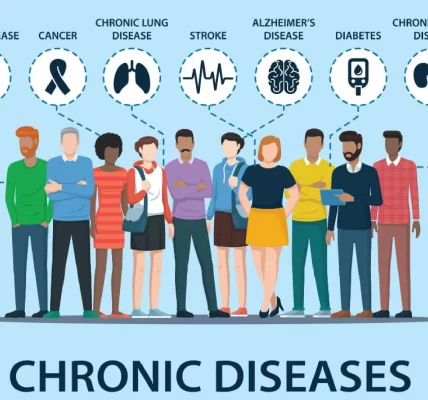Physical Fitness The Foundation of a Healthy Life
Physical fitness is a state of health and well-being that allows individuals to perform daily activities with vigor and alertness, without undue fatigue, and with ample energy to enjoy leisure-time pursuits.1 It encompasses various components including cardiovascular health, muscular strength, endurance, flexibility, and body composition.
Benefits of Physical Fitness
Regular physical activity offers numerous benefits for both physical and mental health:
- Improved Cardiovascular Health: Reduces the risk of heart disease, stroke, and high blood pressure.
- Increased Muscle Strength and Endurance: Enhances daily activities and physical performance.
- Weight Management: Helps maintain a healthy weight and body composition.
- Boosted Immune System: Strengthens the body’s defense against illness.
- Enhanced Mental Health: Reduces stress, anxiety, and depression.
- Better Sleep: Improves sleep quality and promotes restful sleep.
- Increased Energy Levels: Boosts energy levels and reduces fatigue.
- Longer Lifespan: Regular physical activity is linked to a longer lifespan.
Key Components of Physical Fitness
- Cardiovascular Endurance: The ability of the heart and lungs to supply oxygen-rich blood to the body during sustained physical activity.
- Muscular Strength: The ability of muscles to exert force.
- Muscular Endurance: The ability of muscles to exert force repeatedly over time.
- Flexibility: The range of motion of your joints.
- Body Composition: The proportion of fat mass to fat-free mass in your body.
Tips for Incorporating Physical Activity into Your Life
- Set Realistic Goals: Start with small, achievable goals and gradually increase the intensity and duration of your workouts.
- Find Activities You Enjoy: Choose activities that you find2 fun and motivating.
- Make It a Habit: Schedule regular workouts and stick to your plan.
- Warm-up and Cool-down: Warm up before exercise and cool down afterward to prevent injuries.
- Listen to Your Body: Pay attention to your body’s signals and avoid overexertion.
- Stay Hydrated: Drink plenty of water before, during, and after exercise.
- Seek Professional Guidance: Consult with a healthcare provider or fitness professional to create a personalized workout plan.
By incorporating regular physical activity into your lifestyle, you can significantly improve your overall health and well-being.3
Would you like to know more about specific exercises, workout routines, or dietary tips for optimal physical fitness?




